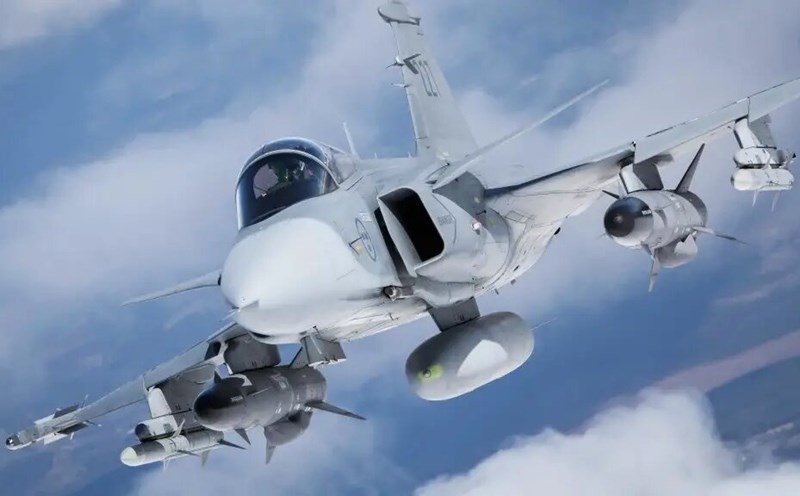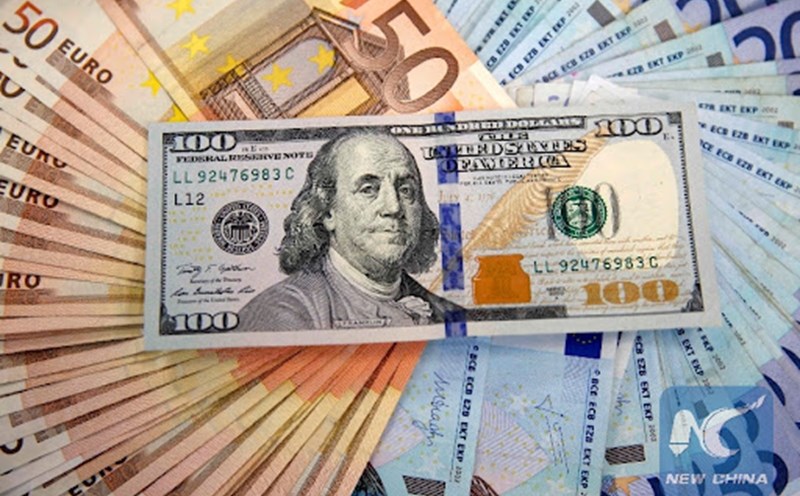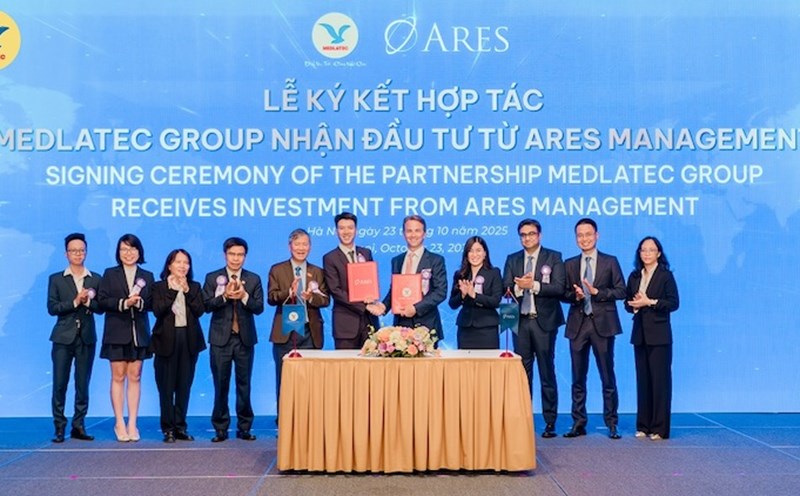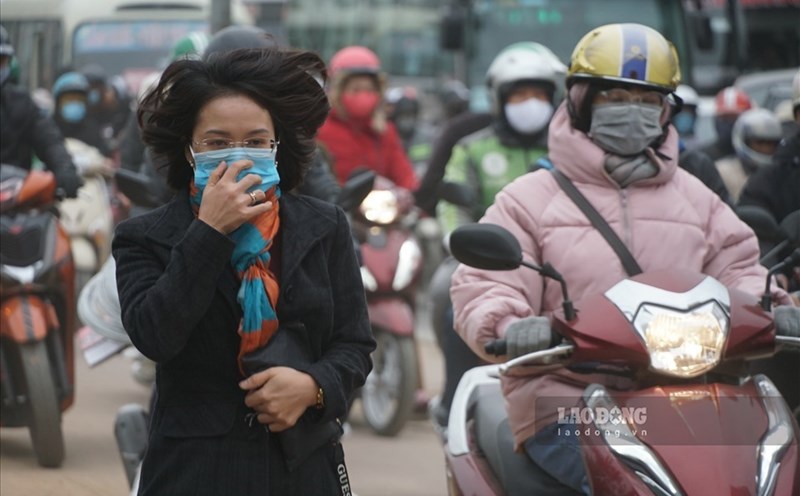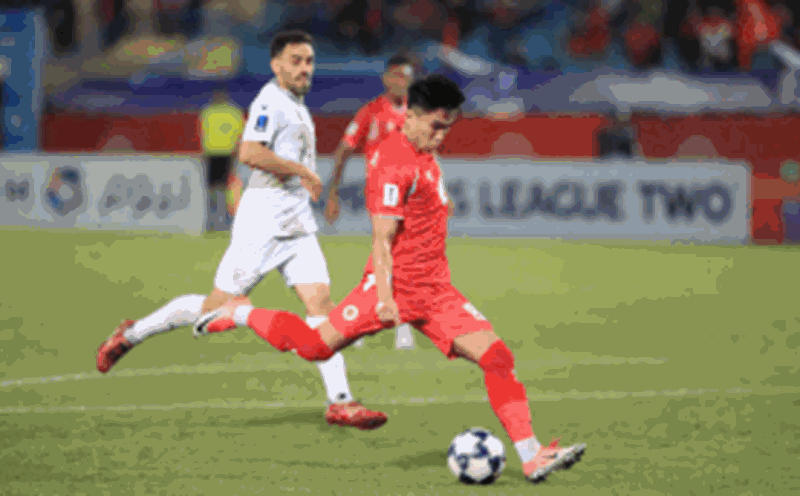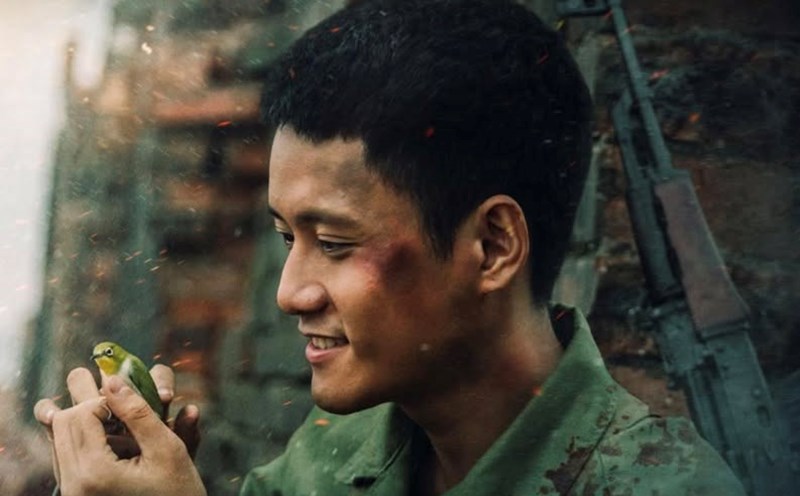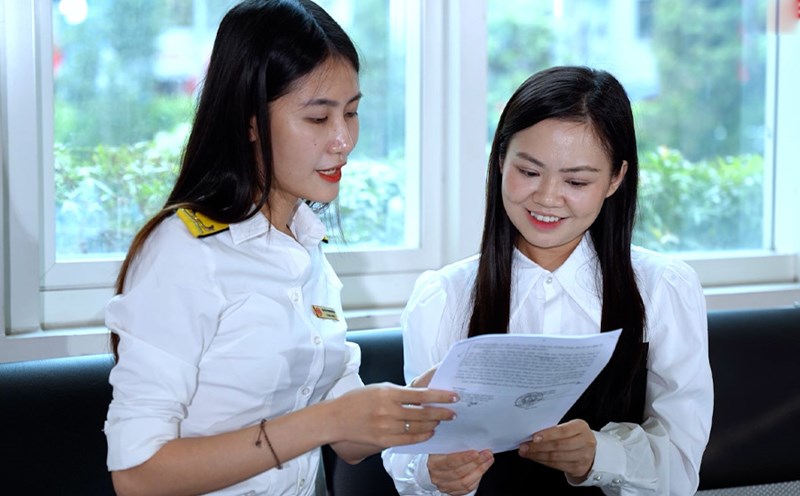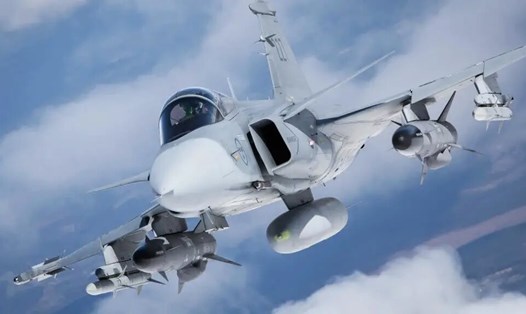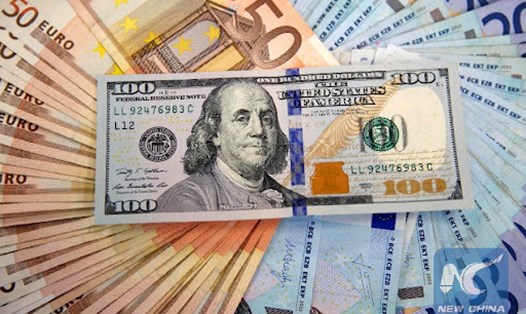On October 23, European Union (EU) leaders met in Brussels to discuss further steps to support Ukraine and increase pressure on Russia.
In an invitation to the leaders, European Council President Antonio Costa said the conference would focus on two main contents related to Russia: The ability to use Russia's frozen assets and the 20th package of sanctions.
"We will discuss ways to increase support for Ukraine, specifically by reaffirming our commitment to provide financial assistance to the country in the coming years, and by considering feasible options based on frozen Russian assets," Costa wrote.
This is considered the most thorny content of the conference. EU ambassadors have previously reached a preliminary agreement, "lighting up the green" for a plan to use profits arising from more than 200 billion euros (about 215 billion USD) of Russian Central Bank assets frozen in Europe. The interest will be used to secure a large loan to Ukraine.
The plan, although seen as an intermediary to avoid direct seizure, still faces many legal barriers and opposition from Russia. This summit is expected to make a final political decision, assigning the European Commission the task of drafting a specific legal proposal.
In addition to the issue of assets, the leaders will also discuss opinions on the 20th package of sanctions targeting Russia. Although details have not been released, recent EU sanctions packages often focus on closing loopholes, preventing Russia from circumventing sanctions through third countries, and targeting specific sectors such as energy (LNG) or technology. The 19th package of sanctions, which includes a ban on Russian LNG from 2027, was just passed earlier.
The summit will also discuss accelerating the construction of Europe's common defense capabilities, in the context of increasing cases of drone airspace intrusion in member countries bordering Russia.
Finally, leaders will debate how to improve the bloc's economic competitiveness, especially after the decision to completely ban energy imports from Russia, a step that poses many challenges for European industry.

